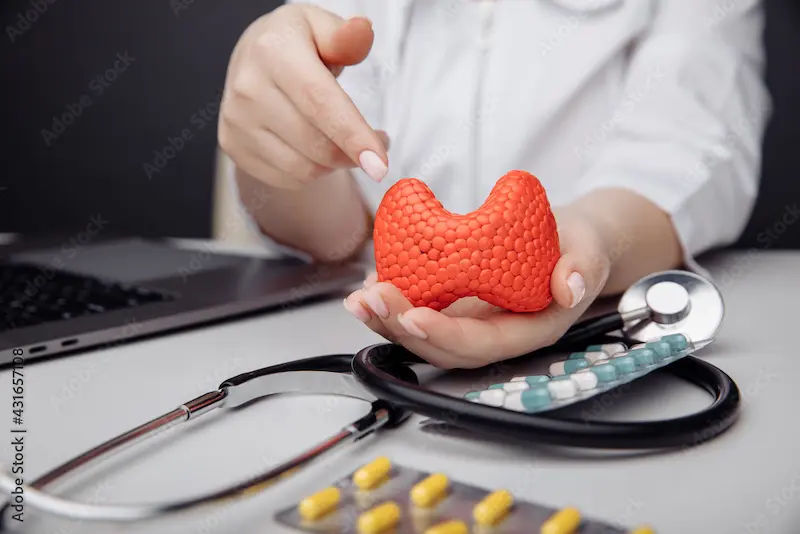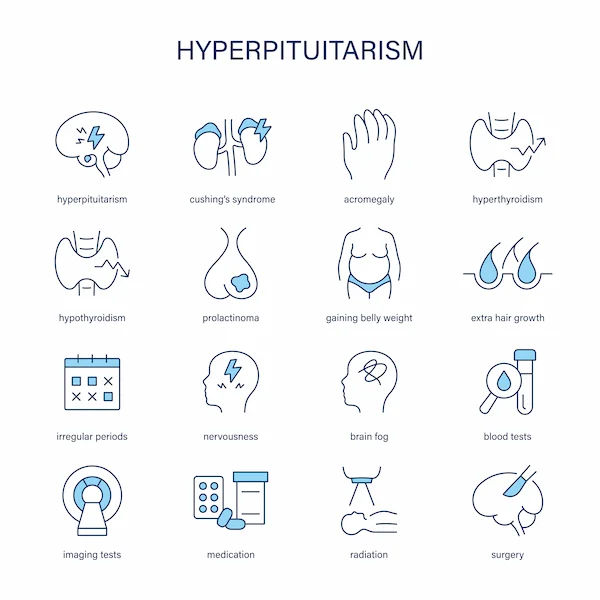- Female
- 30 Years
- 22/01/2025
I'm a bit confused about my thyroid medication. I've had thyroid issues for the past 3.5 years, which started during pregnancy. I'm on 25 mcg of medication. I recently got my thyroid levels checked, and my results are T3 108, T4 7.96, and TSH 1.31. Should I keep taking the 25 mcg or think about stopping it? I'm just not sure what to do next.
Answered by 1 Apollo Doctors
Based on these results, it seems like your thyroid levels are well controlled. I would recommend continuing with the same dosage of 25 mcg of Levothyroxine to maintain your thyroid levels within the normal range. Make sure to follow up with your healthcare provider for regular monitoring and adjustments if needed.
Dr. Shubham Suggests...
Consult a Endocrinologist
Answered 04/07/2025
0
0

More Endocrinology Health Queries
View allI've been checking my blood sugar at home with a glucometer, and I got 99 before eating. Then, 2 hours after having lunchwhich was mainly a maida wrap, chocolate cake, and ice creamit shot up to 151, and 3 hours later, it was 148. Is this something I should be worried about?
Your current readings are slightly higher than normal but not alarmingly high. However, its important to monitor your blood sugar over time, especially after consuming foods high in refined sugars. If these numbers become more consistent, it's worth discussing with a healthcare provider to rule out any underlying issues like insulin resistance or pre-diabetes.
Answered by 1 Apollo Doctors
I've been wondering if there's any possible way to decrease my height. I'm currently 6.2 ft and I'm really interested in finding ways to reduce my height. Looking forward to your advice.
no
Answered by 1 Apollo Doctors
How can I naturally prevent high blood sugar?
Prefer foods lower in fats, sugar and calories and higher in fiber. Focus on fruits, green vegetables and whole grains. Regular physical activity.
Answered by 1 Apollo Doctors
Disclaimer: Answers on Apollo 247 are not intended to replace your doctor advice. Always seek help of a professional doctor in case of an medical emergency or ailment.




